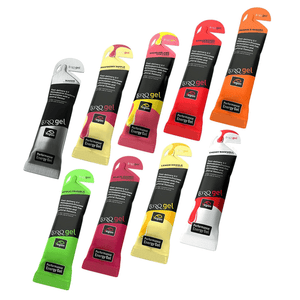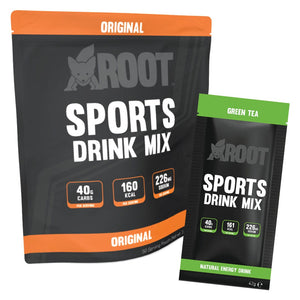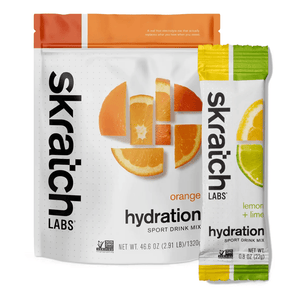It’s your choice - with our knowledge.

The Role of Carbohydrates in Rugby Performance
Carbohydrates play a pivotal role in supporting the high intensity demands and sustained physical effort required in rugby. As a sport that combines short bursts of explosive power with prolonged periods of endurance, rugby places unique demands on the body, making proper carbohydrate nutrition essential for optimal performance and recovery.
Our Nutrition Calculator can help you plan a strategy for fuelling a match.
In this blog we will explore some of the main roles of carbohydrates in rugby:
1. Primary Energy Source
Carbohydrates, in the form of glucose, are converted into the adenosine triphosphate (ATP) required for explosive movements such as high-intensity sprints, quick accelerations, and continuous endurance. A diet rich in carbohydrates ensures that players have a readily available energy source to power their performance.
2. Glycogen Stores
Carbohydrates are stored in the muscles and liver in the form of glycogen. These reservoirs of energy can be tapped into during training and matches and are crucial for avoiding fatigue and sustaining energy levels throughout the match, boosting performance and preventing late-match fatigue that can lead to costly mistakes.
3. Fuel for Explosive Movements
Rugby involves explosive movements, like sprinting, tackling, and jumping during lineouts. The immediate energy provided by carbohydrates, especially in the form of glucose, is crucial for executing these powerful and quick actions.
4. Hydration and Electrolyte Balance:
Many carbohydrate-rich foods, such as fruits and certain sports drinks, contribute to hydration and electrolyte balance. This is crucial in rugby, where players can lose significant amounts of fluids through sweating during matches.
5. Cognitive Function
Rugby is also a game of strategy, quick thinking and strong decision-making. Carbohydrates have been linked to improved cognitive function and focus, helping players stay mentally sharp, make precise decisions and rapidly respond to changing situations throughout the match.
6. Post-Match Recovery
Following a match, carbohydrates are still just as important. As part of the body’s recovery, carbohydrates are required in your diet to replenish the glycogen stores, reduce muscle soreness, and support overall recovery so that you are ready to go for the next training session/match.
---
How to fuel during a game
Rugby is a high-intensity sport that requires a lot of energy. During a game, rugby players can burn up to 1,000 calories per hour. This is why it is important for rugby players to fuel properly in order to maintain their energy levels and performance.
One way for rugby players to fuel in-game is to use nutrition products. There are a variety of nutrition products available, including energy gels, sports drinks, and recovery drinks.
Here is a sample in-game fuelling plan for a rugby player using nutrition products:
- Before the game: Consume an energy gel or sports drink 30-60 minutes before the game to boost energy levels and maintain blood sugar levels.
- At halftime: Consume an energy gel or sports drink at halftime to replenish energy stores and electrolytes.
- During the game: Consume an energy gel or sports drink every 20-30 minutes during the game to replenish energy stores and electrolytes.
- After the game: Consume a recovery drink within 30 minutes of finishing the game to help the body recover.
It’s your choice - with our knowledge.













































































































